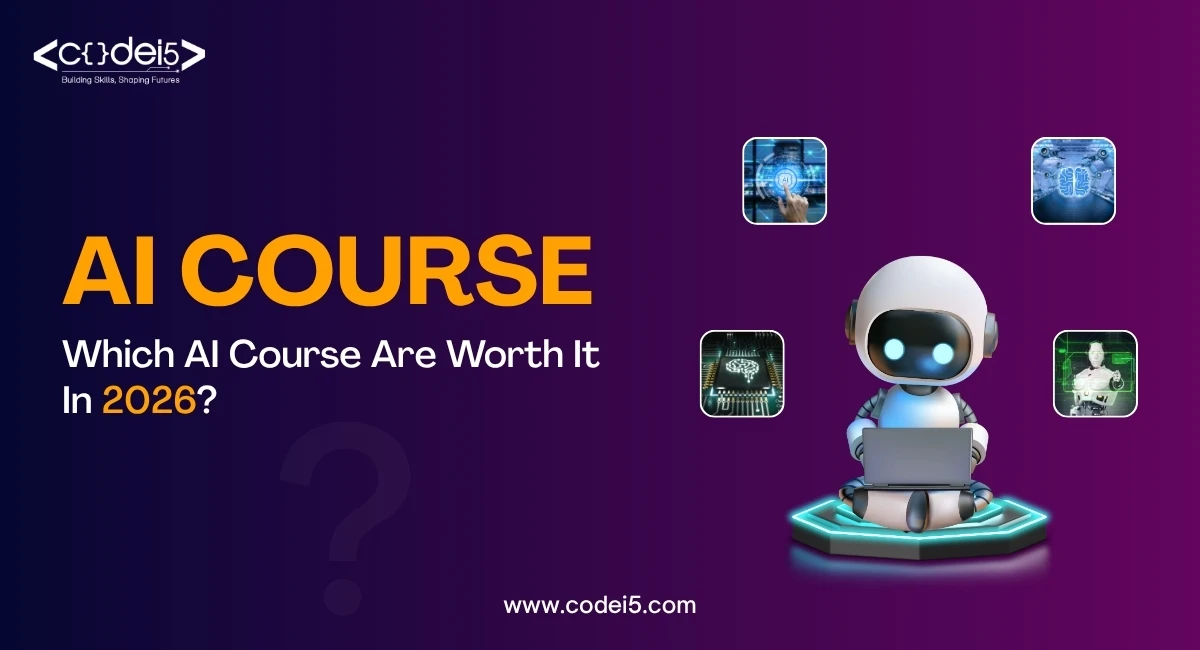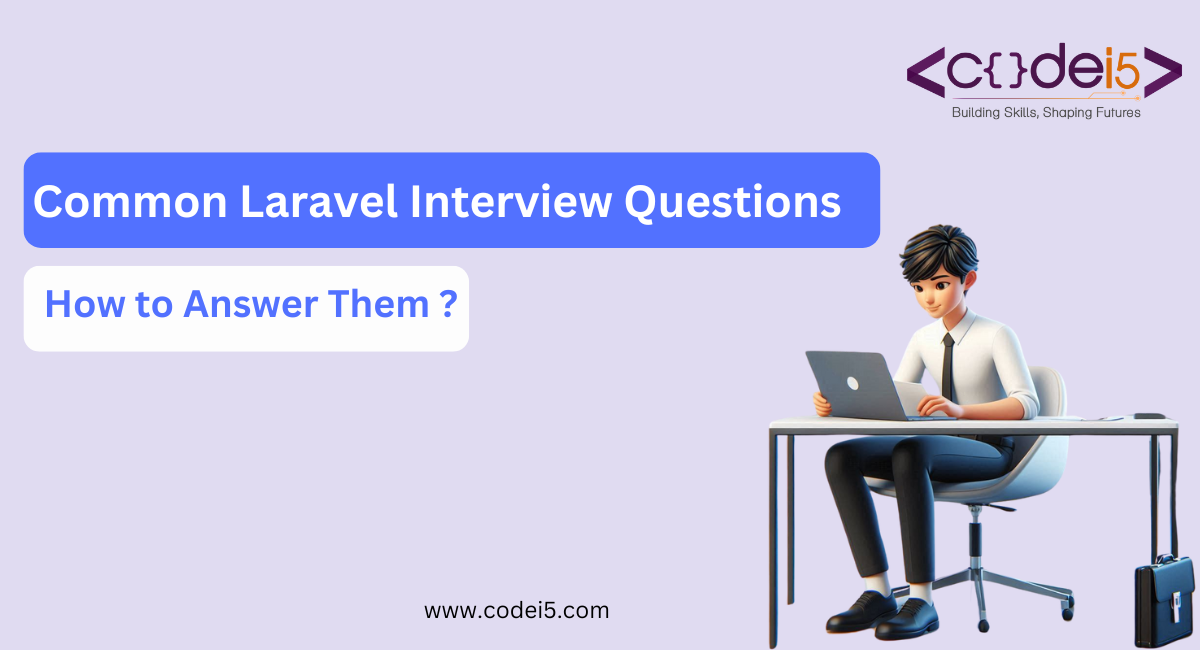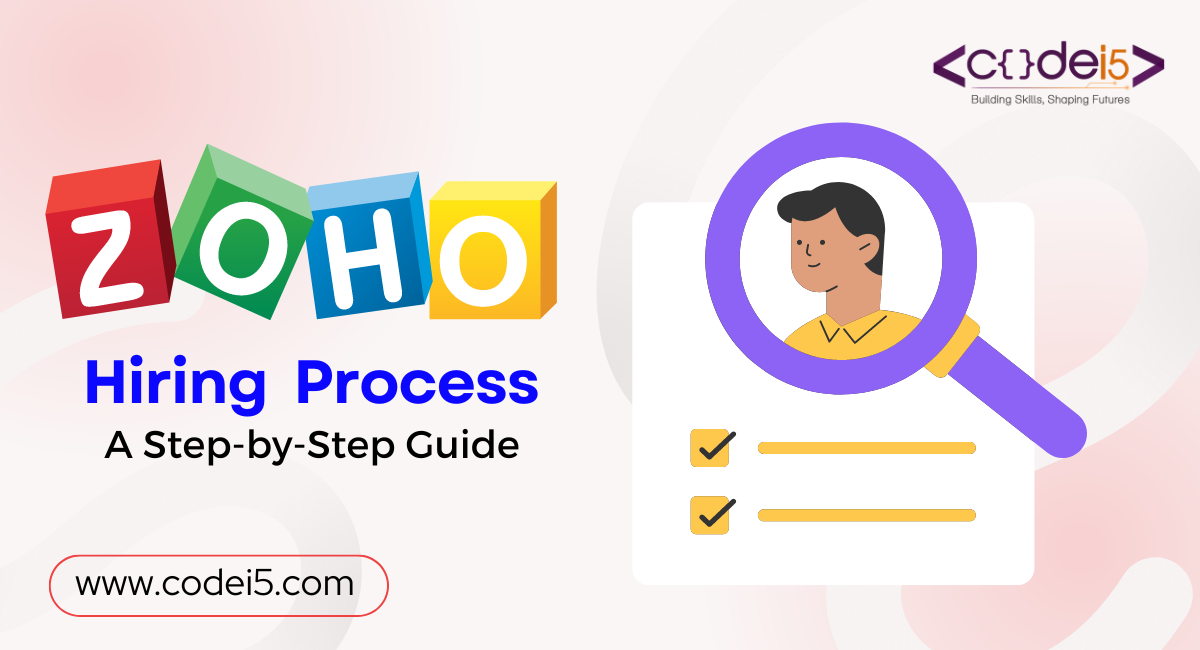
Introduction to Artificial Intelligence with Python course

- For anyone interested in learning more about artificial intelligence using Python, one of the most popular programming languages, the Introduction to Artificial Intelligence with Python course is a great place to start. Search algorithms, machine learning, neural networks, and natural language processing are among the fundamental AI ideas covered in this Python course.
- Students have practical experience creating intelligent systems that can evaluate information, expect outcomes, and resolve issues in the real world. Python is perfect for creating AI models quickly because of its ease of use and large library of tools, such as NumPy, TensorFlow, and scikit-learn.
- This Python course helps you learn fundamental AI concepts and gets you ready for advanced study or career development in artificial intelligence, regardless of your level of experience with IT.
Machine learning AI:
- The way that technology engages with the outside world is being revolutionized by AI and machine learning. While machine learning (ML) is a subfield of artificial intelligence (AI) that allows computers to learn from data without explicit programming, artificial intelligence (AI) is concerned with building systems that can think, learn, and make decisions the same as humans.
- With the use of strong models and algorithms, machine learning (ML) facilitates task automation, pattern recognition, and precise outcome prediction. AI and ML are propelling advancements in a variety of sectors, including marketing, finance, healthcare, and education, from voice assistants and recommendation systems to self-driving automobiles.
- The basis for understanding these technologies and progressing in the data-driven IT environment of today is a well-structured AI and machine learning course that makes use of tools like Python, TensorFlow, and Scikit-learn.
Embedded AI
- The AI in Embedded System course connects artificial intelligence and embedded technology to help students build smart, independent devices. The course investigates how AI can be integrated into microcontrollers and IoT devices to provide intelligent autonomy and smart decision-making “on-device.”
- The course provides hands-on learning through programming embedded hardware with the tools of Python, TensorFlow Lite, and Arduino. As industries are increasing the adoption of intelligent AI embedded devices in robotics, automotive, and healthcare, the course prepares students for innovation in the real world.
- The AI in Embedded System course is an excellent fit for students, engineers, or professionals to develop technical skills and generate intelligent solutions at the intersection of AI and embedded performance.
Instagram AI studio:

- The goal of the Instagram AI Studio course is to teach students how to use artificial intelligence tools to produce intelligent, captivating content for Instagram. In order to increase audience engagement, this course covers AI-driven features including chatbots, personalized post recommendations, automated content generation, and advanced analytics.
- Participants get knowledge on how to efficiently optimize ad targeting, hashtags, and captions using AI. This course gives useful insights into using AI technology to increase your Instagram presence, regardless of your background as a digital marketer, influencer, or business owner.
- You can easily achieve greater results and develop more intelligent methods with the help of the Instagram AI Studio course.
How AI Helps Frontend Developers
- The role of frontend developers is evolving in the design and development of user interfaces. With less time spent performing many repetitive tasks like coding, wireframing, and debugging, developers have more time to focus on creativity and functionality.
- In addition, several AI-based products, like the AI features in Figma and GitHub Copilot, allow developers to write neater code, improve UI/UX, and grow their speed of development overall. AI has also helped developers gain insight into user behavior, adjust for accessibility, and personalize online experiences.
- By utilizing machine learning and predictive analytics, frontend developers can create web applications that are smarter, faster, and more responsive while creating an incredible user experience.
What is n8n AI in digital marketing?
Using n8n, an open-source low-code automation tool that integrates AI into digital marketing workflows, marketers will be able to personalize their messaging, automate processes, and optimize marketing campaigns, all without needing significant coding knowledge.
Important Use Cases:
Automated Content Creation: Create and publish content across different channels such as Instagram, LinkedIn, and Twitter using workflow automation and AI, cutting down on manual human effort while keeping your brand work seamless.
AI-Powered Marketing Teams: Create an entire marketing team based on AI that is able to take on responsibilities and tasks around copywriting, SEO, and brand strategy, increasing productivity and streamlining processes with the use of AI.
Real-Time Analytics and Reporting: Utilize AI to analyze your marketing data from Google Analytics and Meta Ads, and create summaries and insights to share via messaging apps or email.
Personalized Customer Journeys: Improve customer interactions and increase conversion opportunities by using AI to segment audiences and tailor marketing messaging.
Advantages of the uses:
- Efficiency: Save time and money by automating repetitive tasks.
- Scalability: Easily expand marketing programs across multiple platforms.
- Customization: Build workflow automation that is customized to specific business requirements.
- Integration: Build seamless integration with various platforms and technologies.
Why 2026 Is the Perfect Time to Build AI Skills
Rapid Industry Adoption: As AI is incorporated into sectors like marketing, banking, and healthcare, there is a growing need for qualified workers.
High Career Opportunities: Experts in AI are in high demand for leadership and high-paying positions.
Accessible Learning Tools: Online courses and cutting-edge AI platforms make learning AI simpler than before.
Innovation Potential: Gaining proficiency in AI enables you to create innovative solutions and maintain your competitive advantage.
Future-Proof Skills: Being skilled in AI guarantees relevance in a labor market that is driven by technology.
Future Directions for AI Education and Professional Development
Accessible Learning Platforms: AI education is widely accessible through interactive programs, bootcamps, and online courses.
AI-powered adaptive systems provide personalized learning, which adapts instruction to each student’s unique learning requirements.
High-Demand Careers: As AI becomes more widely used, possibilities in robotics, data science, machine learning, and natural language processing arise.
Interdisciplinary Roles: Experts who integrate AI with engineering, business, or healthcare are highly regarded.
Continuous Learning: Certifications and ongoing skill development are essential for career advancement.
Opportunities for Innovation: Professionals with AI experience can create innovative solutions and propel technical advancement.
FAQ
A. Will this course cover Python libraries for data science and AI?
Indeed, learners can effectively handle data analysis, visualization, and AI/ML tasks with the help of this Python course’s popular libraries, which include NumPy, Pandas, Matplotlib, and TensorFlow. You’ll acquire useful abilities to use Python in everyday situations.
B. Do I need to know JavaScript before starting the ReactJS course?
Yes, it is advised to have a basic understanding of JavaScript. Understanding ES6 features, functions, and DOM manipulation will help you understand React components, hooks, and state management more quickly because ReactJS builds on JavaScript principles.
C. Will the course teach building full-stack applications from scratch?
Absolutely. The MERN Stack course at Codei5 Academy guides you step-by-step in creating full-stack applications using MongoDB, Express, ReactJS, and Node.js. You’ll learn both frontend and backend development, database integration, and deployment, gaining hands-on experience in building real-world projects.






